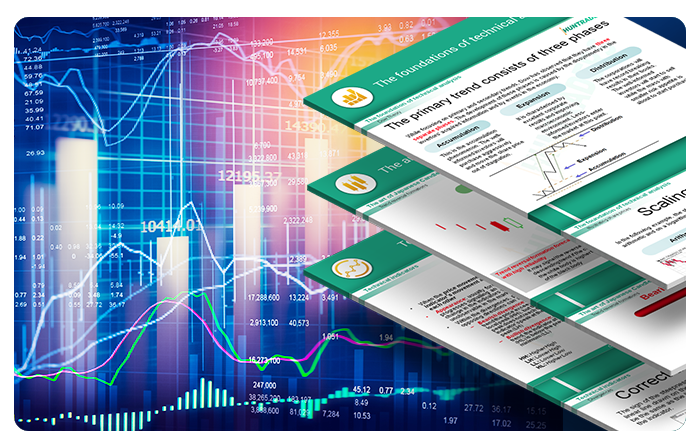Option Greeks are the risk factors that influence the price of an option. They are called Greeks because each letter represents a different Greek letter. The most important Greeks are:
- Delta: represents the rate of change of the option's price with respect to the underlying stock's price. Delta ranges from 0 to 1 for call options and from -1 to 0 for put options.
- Gamma: measures the rate of change of an option's delta with respect to the underlying stock's price. It is a measure of the convexity of the option price with respect to the underlying stock price.
- Theta: represents the rate of change of the option's price with respect to time. It is a measure of the time decay of the option.
- Vega: represents the rate of change of the option's price with respect to changes in the volatility of the underlying stock. It measures the sensitivity of the option price to changes in volatility.
- Rho: represents the rate of change of the option's price with respect to changes in interest rates. It measures the sensitivity of the option price to changes in interest rates.
Option Greeks help traders and investors better understand the risks and potential profits associated with options trading. They allow traders to make more informed decisions by taking into account the price, time, volatility, and interest rate factors that impact the value of an option. These effects are quantified and measured by option Greeks which are further elaborated in the lesson.























